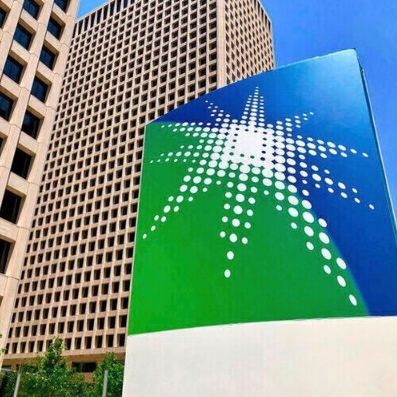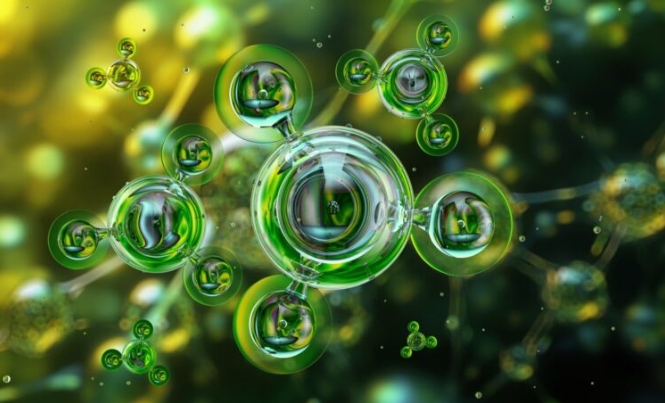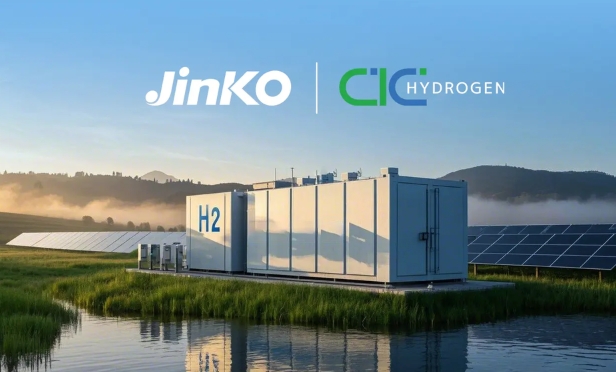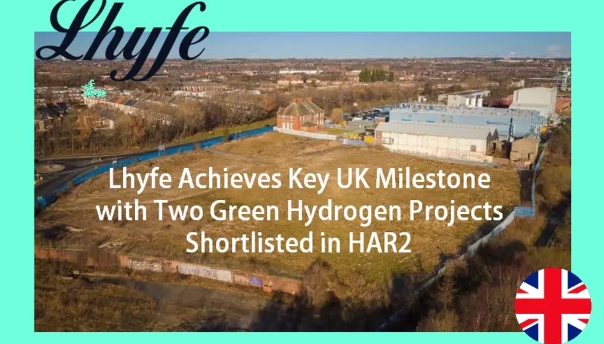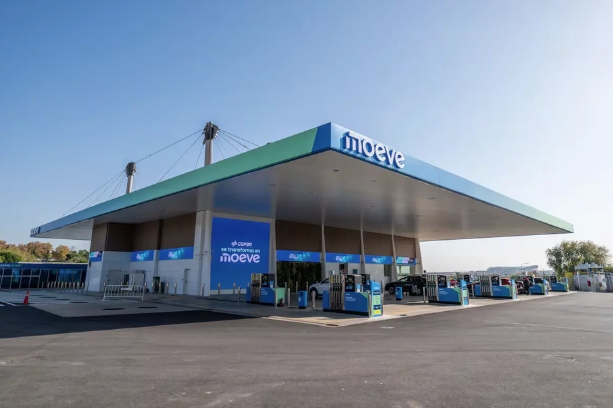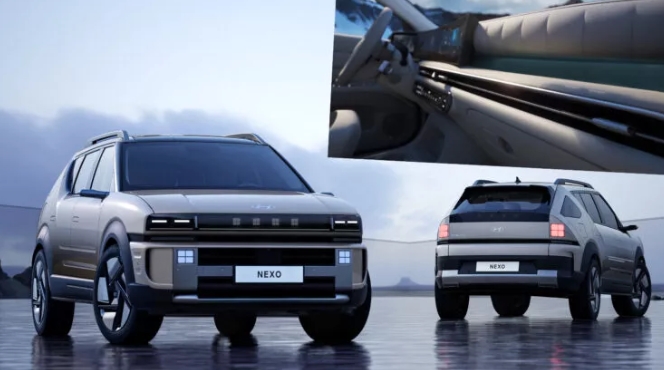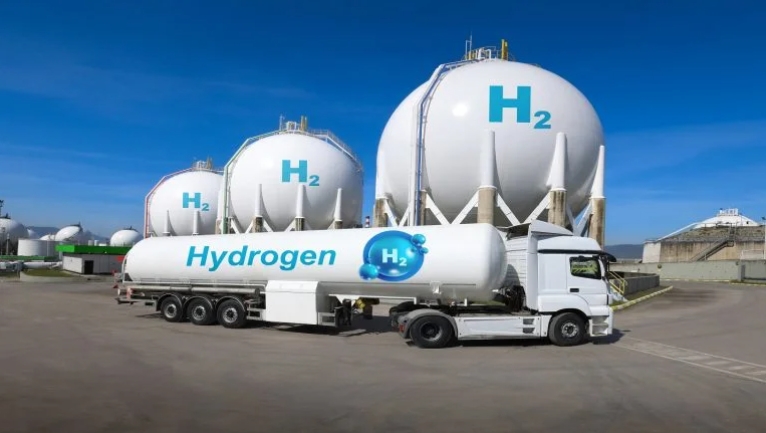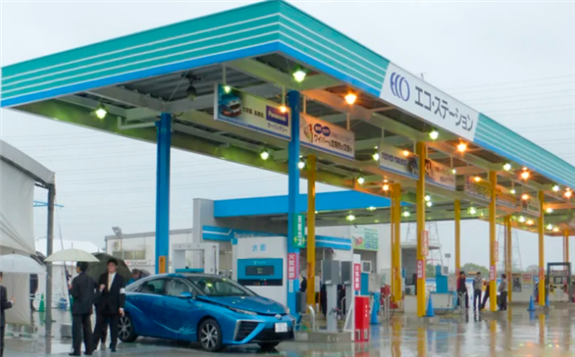 A hydrogen station for fuel-cell vehicles in Japan. The country is prioritising the development of a hydrogen-based economy.CREDIT:AP
A hydrogen station for fuel-cell vehicles in Japan. The country is prioritising the development of a hydrogen-based economy.CREDIT:AP The Council of Australian Governments this week released a consultation paper on the national hydrogen strategy being developed by Chief Scientist Alan Finkel, in another step towards developing a long-mooted multi-billion dollar hydrogen export industry.
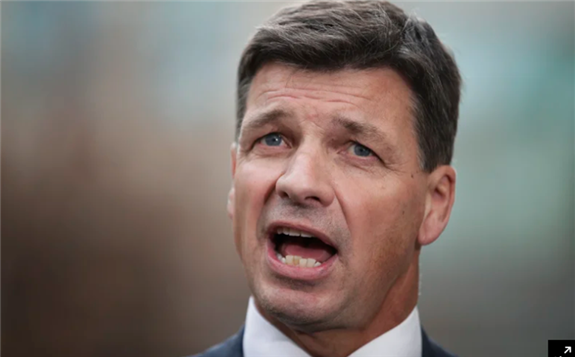 Energy Minister Angus Taylor signed a memorandum of co-operation with his Japanese counterpart designed to address "contemporary energy challenges".CREDIT:ALEX ELLINGHAUSEN
Energy Minister Angus Taylor signed a memorandum of co-operation with his Japanese counterpart designed to address "contemporary energy challenges".CREDIT:ALEX ELLINGHAUSEN A hydrogen station for fuel-cell vehicles in Japan. The country is prioritising the development of a hydrogen-based economy.CREDIT:AP
Hydrogen can be produced with no greenhouse gas emissions if the process is powered by renewable energy, or by fossil fuels when the resulting carbon is captured and stored. However, the global development of the technologies has been restrained by a lack of infrastructure and investment and high production costs.
The analysis by the International Energy Agency found that in Japan by 2030, domestic production of hydrogen using electrolysis – splitting water into hydrogen and oxygen - and its distribution could cost around $US6.50 per kilogram - $1 more per kilogram than if it was imported from Australia. Australian hydrogen was cheaper even when substantial transport costs were included.
AdvertisementThe figures assumed Australia combined electrolysis with solar plants and wind farms in a region with optimal weather conditions.
The IEA said similar opportunities for Australia may develop in South Korea and parts of Europe. It said even when imported hydrogen is not the cheapest option, some countries may do so to "increase their energy diversity and access to low-carbon energy".
The report was prepared for last month's G20 summit in Osaka, at the request of the Japanese government. Japan imports 90 per cent of its energy needs and is positioning itself to become a major hydrogen importer in coming decades. Australia is well placed to capitalise on demand from Japan and Asia more broadly, because of existing trade relationships and its abundance of wind, solar and fossil fuel energy used to produce hydrogen.
Energy Minister Angus Taylor signed a memorandum of co-operation with his Japanese counterpart designed to address "contemporary energy challenges".CREDIT:ALEX ELLINGHAUSEN
Energy Minister Angus Taylor last month signed a memorandum of co-operation with his Japanese counterpart, Hiroshige Seko, designed to address "contemporary energy challenges" including hydrogen.
The agreement will promote trade and investment, support research and innovation and address security, reliability and affordability challenges.
ENERGY
Add to shortlistThe Morrison government has invested about $100 million to develop Australia's hydrogen industry and15 projects have been established around the country.
Environment Minister Sussan Ley said the investment includes $50 million for the Hydrogen Energy Supply Chain pilot project in Victoria's Latrobe Valley, which aims to produce hydrogen from brown coal and export it to Japan.
This is expected to pave the way for investment in a clean, commercial-scale hydrogen export industry by 2030.
"Hydrogen has the potential to be an important part of Australia’s energy mix, for both domestic consumption and our energy resource exports," Ms Ley said.
RENEWABLES
Add to shortlistDr Finkel said Japan was determined to decarbonise its growing economy "but the options for low-emissions energy are few".
"Japan does not have the land for wind and solar electricity or the appetite for a major expansion of nuclear power. Imported hydrogen is a versatile and attractive alternative," he said, adding that its costs must be driven down.
The IEA report said in 2030 the cheapest source of hydrogen would still be "substantially more expensive" than imported natural gas in Japan, the price of which would be equivalent to around $US1.20 per kilogram of hydrogen.
Dr Finkel said should Australia realise its hydrogen potential, it could result in an export industry worth $1.7 billion by 2030 and 2,800 jobs – many in regional areas.
Ahead of the May federal election both major parties pledged to develop Australia's hydrogen industry. The national science agency, the CSIRO, says government funding is needed to kickstart the industry and turn the technologies into profitable assets.
The national hydrogen strategy is due to be completed this year.
